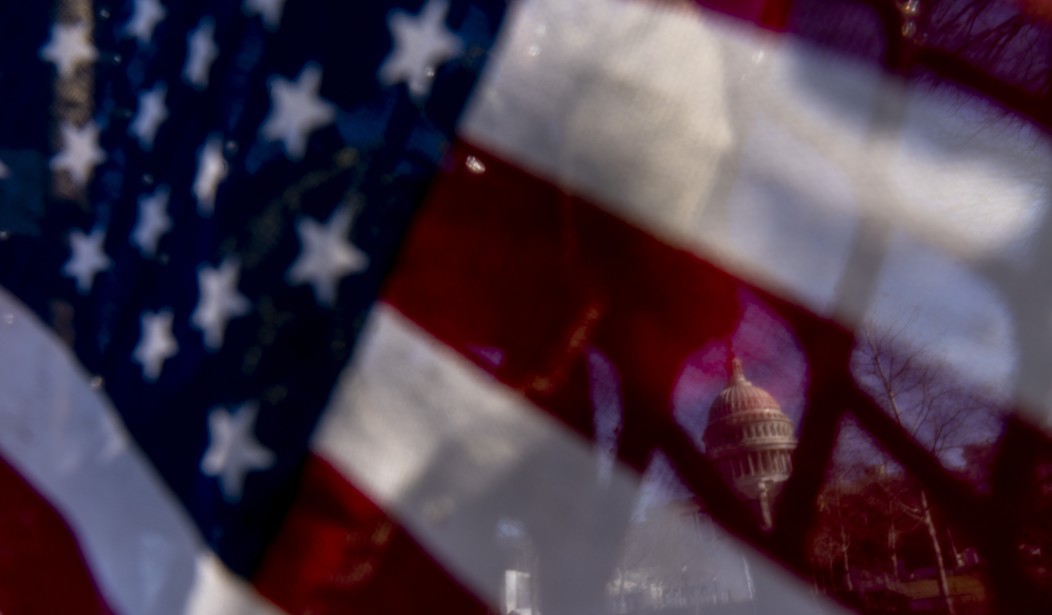The murder of an Afghan interpreter who worked for the United States, including Special Forces, has sent shockwaves through our nation. Though new to this country, the murder of Nasrat Ahmad Yar and his legacy will be felt long beyond tenure here.
Nasrat worked for the United States throughout almost the entirety of American involvement in Afghanistan, starting from when he was ten years old. He was, in effect, brought up by Americans in his own country. He married and had several children while continuing his employment as an interpreter.
During the botched withdrawal from Afghanistan, Nasrat was one of those who thankfully made it through, courtesy of a Glenn Beck-sponsored flight.
Unfortunately, in the early morning hours of the day before the Fourth of July, Nasrat was murdered in Washington, D.C., while he was working as a Lyft driver, one of his two jobs. Whoever killed him cannot be called a man, for that is a title for a father to bestow on a son. This low life was a coward.
Nasrat was a real man who came here. He immediately began to work as opposed to those lurking in the shadows who ostensibly had been here for a longer and were not out working but instead illegally carrying weapons and murdering others. This was the worst of humanity.
Nasrat’s murder has shocked our nation and should give us pause. He worked for us since his youth, escaped the Taliban rule to legally come to the United States only to die in the nation’s capital the day before American Independence Day. However, the outpouring of support for Nasrat’s memory shows that ordinary, decent Americans are outraged at this event and joining in the grief.
Recommended
We see the best of America in those who are helping Nasrat’s family and other Afghans in various ways. The American people are kind, generous and loving people, the type of people that Nasrat wanted his family to be around.
We see the best of America in those who are already fighting to have greater security measures surrounding Lyft and other rideshare services.
We see the best of America in those who realize that discipline is not the enemy of freedom and are fighting for local and federal laws to be enforced.
We see the best of America in those officials, private organizations, and individuals that are still trying to bring our Afghan allies to the New World.
More so, we see the best of America in Nasrat himself. He made a genuine difference for our nation even before he ever came here. His efforts protected U.S. forces and gave them valuable insight into Afghan life and culture. He proved his worth. He paid his dues. Nasrat came to America legally. He was a proven asset to our nation. Though he already was one of us, Nasrat did not rest on his past achievements once he got here.
Nasrat was the ideal American immigrant who worked hard; the one that Reagan spoke of in his Farewell Address that if there were walls, there were also “doors (that) were open to anyone with the will and the heart to get here.” Echoing the President again, never will we forget Nasrat, nor will his family ever forget him as he left home “and waved goodbye and ‘slipped the surly bonds of earth’ to touch the face of God.”
It is up to us, the living, to ensure that Nasrat’s wife and children see America as he saw it, not through the final moments of fear, but through the fullness and richness of life; that this land is a special place filled with kind, hard-working, disciplined, creative and compassionate people who believe in achieving the dreams God has given you.
The Bible commands us to care for widows and orphans, and Lincoln reaffirmed that canon at the cemetery in Gettysburg.
It is up to us to help Nasrat’s family to see the America he has known and believed in since he was a little boy.
*Views expressed in this article are those of the author and not any government agency
























Join the conversation as a VIP Member